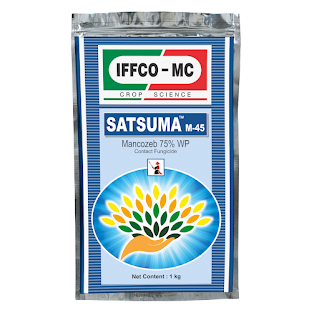Five Sustainable Farming Practices to Improve Crop Yield and Soil Health
Did you know that traditional agriculture practices are responsible for approximately 24% of global greenhouse gas emissions, according to the Food and Agriculture Organization (FAO)? The staggering statistic represents great potential for mitigating emissions by adopting sustainable farming practices. Here are five of the best sustainable farming practices that can help improve crop yield as well as soil health.
Crop Rotation
Converse to monoculture, crop rotation is the practice of growing different types of crops every season, which has many benefits to offer in regard to sustainability. Examples of crop rotation can include growing wheat after barley, cereals after legumes, and so on. This method can help reduce the likelihood of pest infestation as well. Additionally, crop rotation reduces the need to use pesticides and chemical fertilizers to promote crop yield or soil health.
Aquaponics
Aquaponics is a sustainable farming practice in which fish and crops are raised together in symphony. The bacteria in the water where the fish are can transform food waste into nitrate, which ultimately becomes food for the plants. As a result, the fish also get clean water to sustain themselves. With aquaponics, farmers can grow crops all year-round in any climatic zone.
Agroforestry
Agroforestry is another beneficial, sustainable farming practice under which plants grow alongside crops. This farming method is one of the most powerful ways for preventing desertification in the long run. In agroforestry, trees or plants create a favorable microclimate for the crops while also protecting them from heavy rains or wind. Trees also help stabilize the soil, improve its texture, and minimize nutrient runoff.
Natural Pest Management
One of the primary objectives of sustainable farming is to avoid the use of synthetic pesticides and other harmful chemicals that suppress pest infestation. So, instead of using pesticides, farmers can introduce birds, livestock, and certain plants to their farms, so they can grow their crops organically. Natural pest management also helps reduce the farm’s carbon footprint and mitigates the risks of water, soil, or air contamination.
Sustainable farming is the key to a better tomorrow. Promoting green farming practices will help ensure increased food production and environmental protection for generations to come.




Comments
Post a Comment